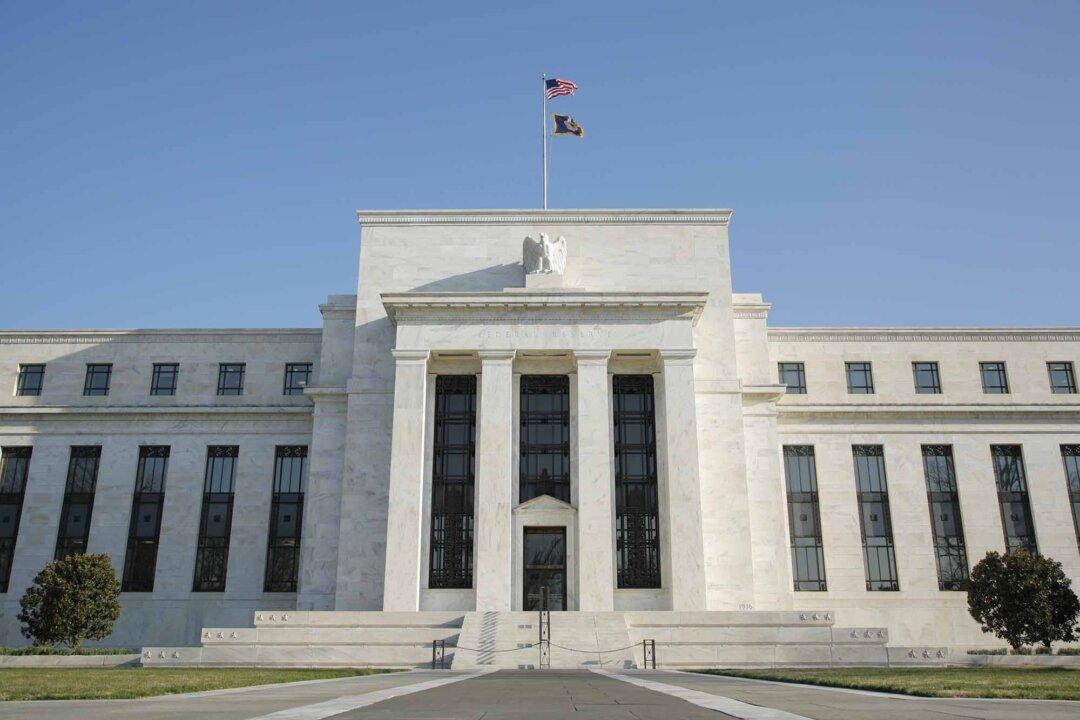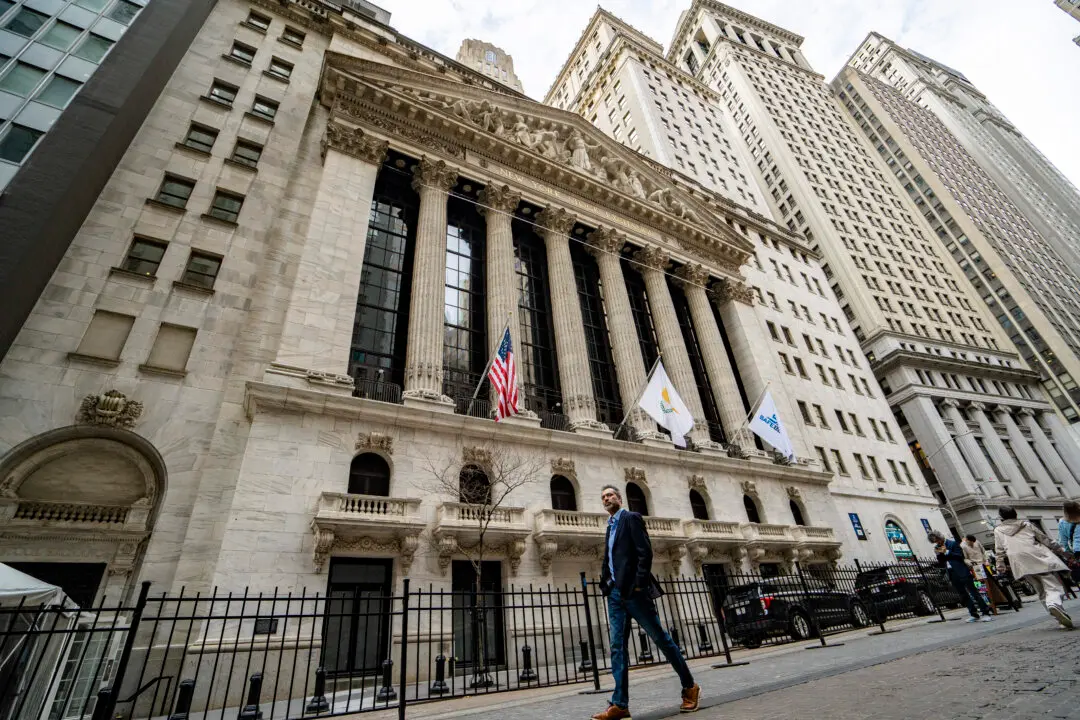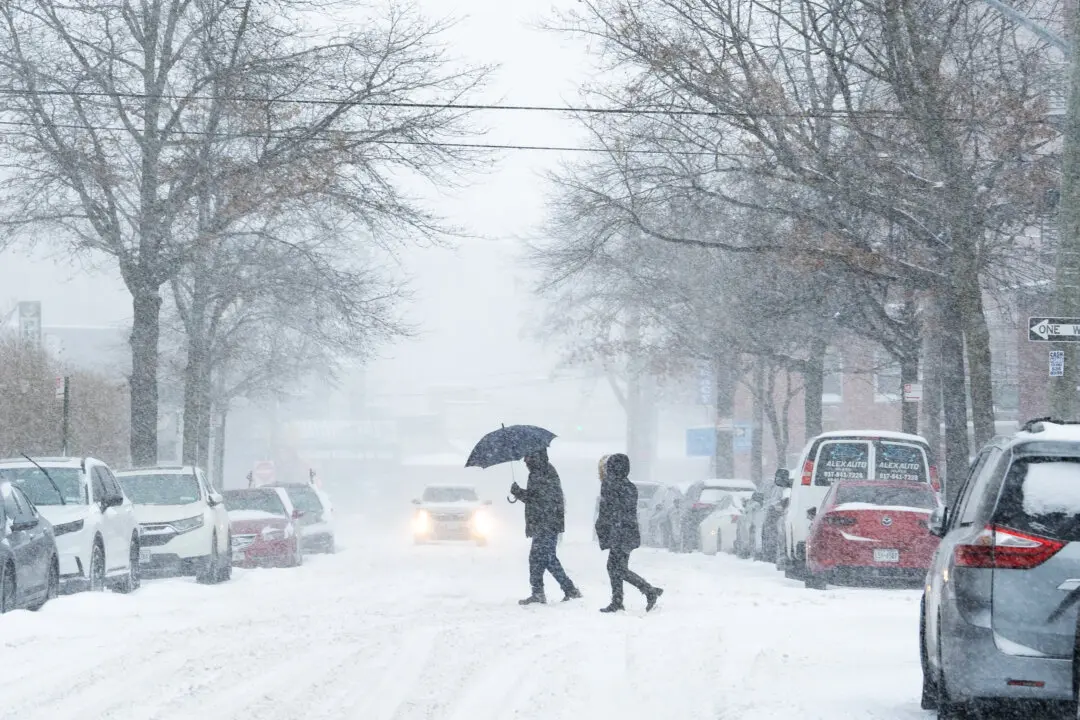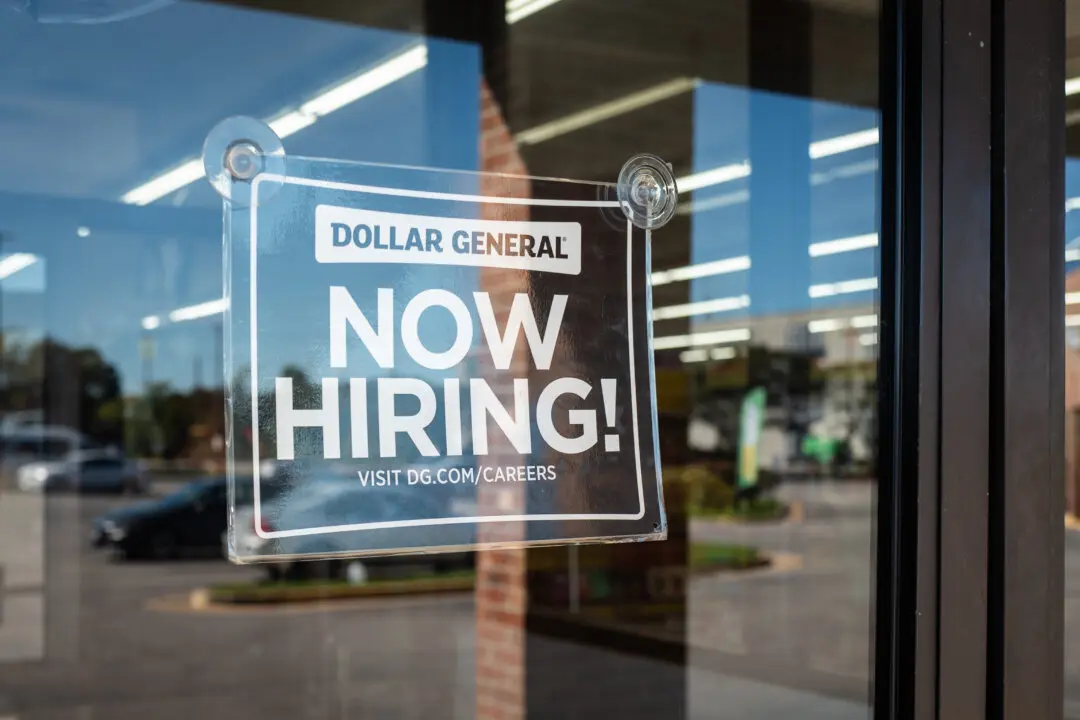The Federal Reserve isn’t a climate policymaker, despite the U.S. central bank’s supervisory work related to the financial risks of climate change, a top Fed official says.
Michael Gibson, the Fed’s director of supervision and regulation, reiterated Chair Jerome Powell’s remarks earlier this year that the Fed isn’t crafting climate policy. However, the central bank is working to better understand climate change risks that challenge the stability of the financial system.





